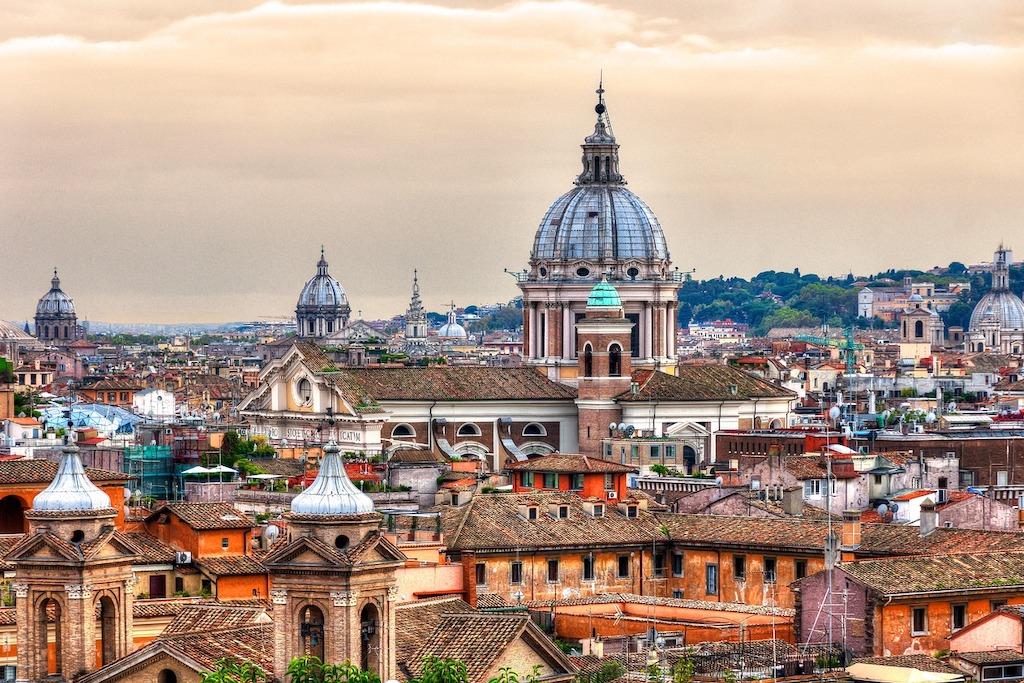 With established operations in Malta and Portugal, EC Meetings is setting its sights on Italy. We caught up with the DMC’s managing director Mark Gatt to find out more about this exciting new chapter, the opportunities it brings, and how they plan to differentiate in a competitive MICE market.
With established operations in Malta and Portugal, EC Meetings is setting its sights on Italy. We caught up with the DMC’s managing director Mark Gatt to find out more about this exciting new chapter, the opportunities it brings, and how they plan to differentiate in a competitive MICE market.
Why Italy, and why now?
Italy was on the cards back in 2020. We launched in Portugal in 2019, and the original plan had been to expand into Italy the following year. We had a potential strategic partner lined up and were ready to take that next step, but then COVID hit and changed everything. We resumed plans last year, and now it’s finally happening as an organic expansion. It’s all about having the right people in place – and now we do.
Where are you starting out, and how is the team structured?
We’re starting with a lean but experienced team of three and will grow from there. Our general manager Patrizia Baldestein brings over 20 years of DMC experience from across Italy. She knows the market inside out. The team are currently based in Rome, which is a strategic choice as it allows us to cover a wide geographic area from the centre of the country.
That said, we’re already seeing a strong pull toward Milan, especially for conferences, so we’re open to opening a satellite office there as the business grows. Our approach is to scale sensibly based on demand.
What makes Italy an attractive market for EC Meetings?
We saw an opportunity to bring the high standards and responsiveness that our clients know us for in Malta and Portugal to the Italian market.
Also, the diversity in destinations – from Milan to Sicily – means we can offer a broad range of experiences and budgets. Italy has everything – it’s one of the most versatile destinations in Europe. You’ve got world-renowned culture, exceptional food, beautiful landscapes, high-end shopping, and a wide range of venues. It offers something for every type of client and every kind of event. Plus, Italians and Maltese have a natural affinity – we speak the language, and we share cultural similarities.
How are you approaching supplier relationships and product development in Italy?
The Italian market is unique – in some ways more complex than what we’ve encountered in Malta or Portugal. There’s more bureaucracy, and supplier structures can be fragmented. Rather than relying on intermediaries or regional sub-agents, which can drive up costs and dilute the experience, we’re working directly with trusted suppliers – from coach companies to AV teams and hospitality staff.
We’re also building a pool of hostesses and freelance talent across key destinations. Our focus is on reliability, efficiency, and value for money. Most importantly, we’re curating experiences that feel genuinely Italian. It’s not just about ticking boxes – we want our guests to feel they’ve truly experienced the heart of a destination.
How will you build authenticity into your Italian programs?
Authenticity is at the core of what we do. People crave genuine local experiences and real connections. We’ve seen over and over that casual, local dinners with genuine local service often make a bigger impact than Michelin-starred restaurants.
We’re looking for venues that reflect true Italian hospitality – the kind of place where the waiter might pat you on the back and recommend a wine from his cousin’s vineyard. These are the stories guests take home. And beyond food, we’re incorporating experiences with local artisans, storytellers, and tradespeople. It doesn’t have to be flashy – it just has to be real. That’s what resonates.
How are you incorporating sustainability into your Italian offering?
Sustainability has been at the core of our operation since 2015. We were early adopters in Malta and have continued in Portugal. Italy presents more challenges – not because of a lack of awareness, but because sustainability isn’t always prioritised in the same way.
But we’re working with NGOs and local partners to offer CSR opportunities that make a difference. We’ve got a CSR initiative planned for November, and we’re focused on experiences that give back to local communities, especially in underprivileged areas. That’s where sustainability becomes meaningful.
What trends are you seeing in client behaviour across your markets?
Lead times are shorter than ever – we’re confirming business for next month right now. There’s also more scrutiny on venue ratings, and clients need more reassurance that we’re making the right choices. Also, smaller incentives are becoming more common as companies focus on team connection post-COVID.
Do you expect Italy to be more conference or incentive business?
So far, it’s mostly incentive interest – Rome, Tuscany, Venice and Amalfi Coast. There’s some conference potential, especially in Milan, but we’re seeing more demand for incentives right now.
What’s next for EC Meetings after Italy?
For now, 2025 is all about consolidating Italy. But we are quietly laying the groundwork for future growth. Portugal has grown into a team of eight and is a success story. If we can replicate that model in Italy, we’ll be ready to take the next step. We’re already exploring options behind the scenes – so who knows, maybe this time next year, we’ll be announcing another destination.

